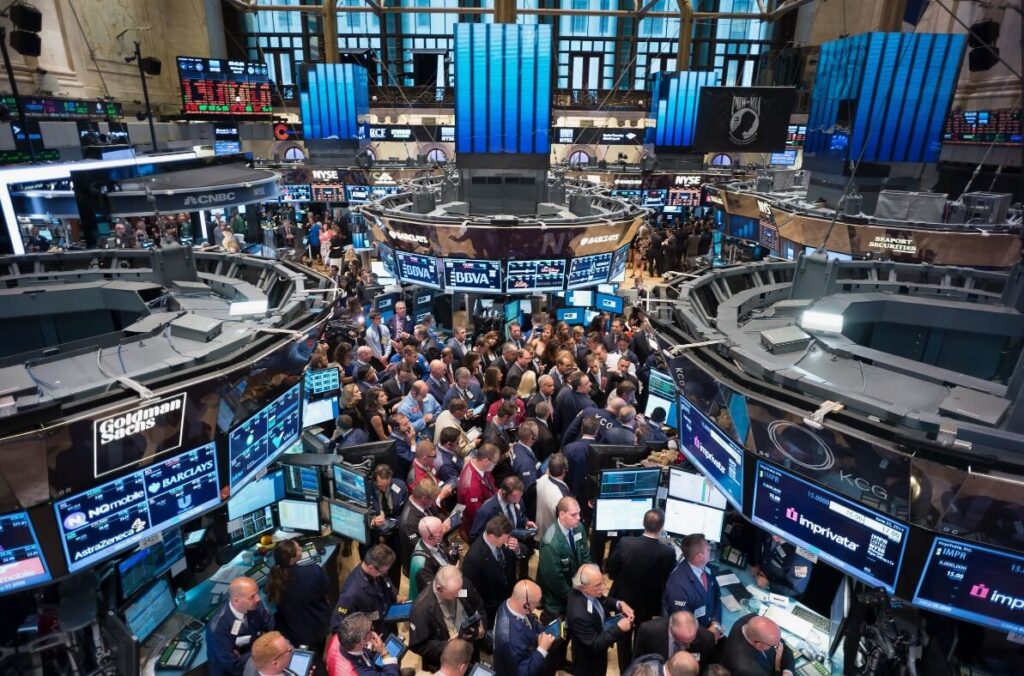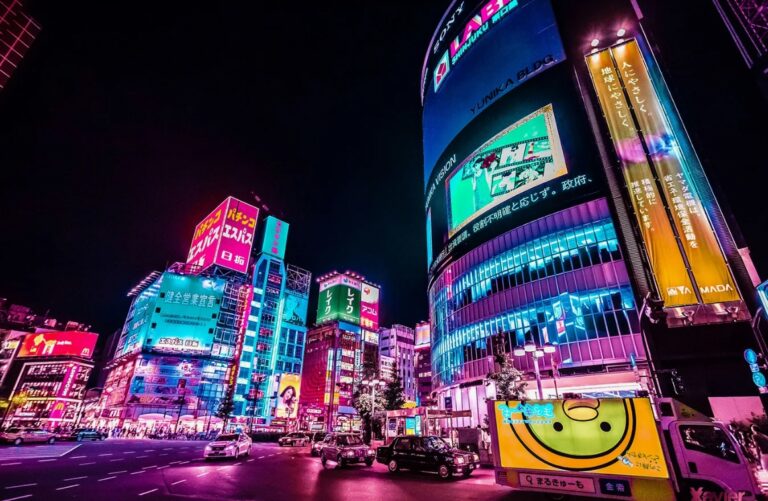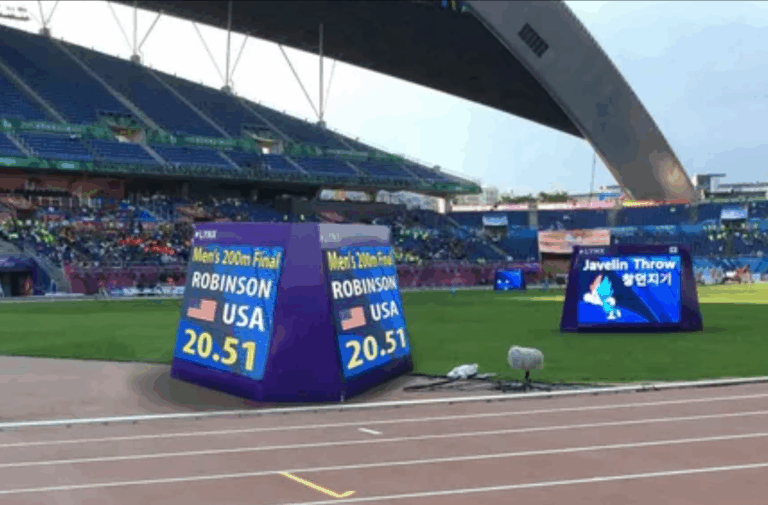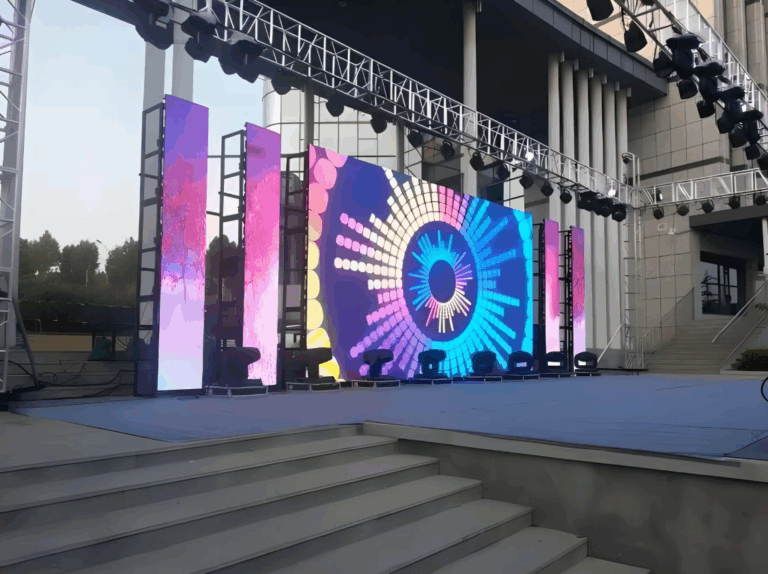Table of Contents
- Applications of LED Screens in the Stock Market
- Technological Advantages of LED Screens
- Comparison between LED Screens and Traditional Display Devices
- Development Trends of LED Screens in the Stock Market
- Conclusion
In modern financial markets, stock trading is fast-paced, and accurate, real-time data display is crucial for investors and financial institutions. As an efficient tool for information display, LED screens play a vital role in the stock market due to their excellent performance and diverse application scenarios. This article will analyze the advantages of LED screens in displaying stock data and explore their technological features.
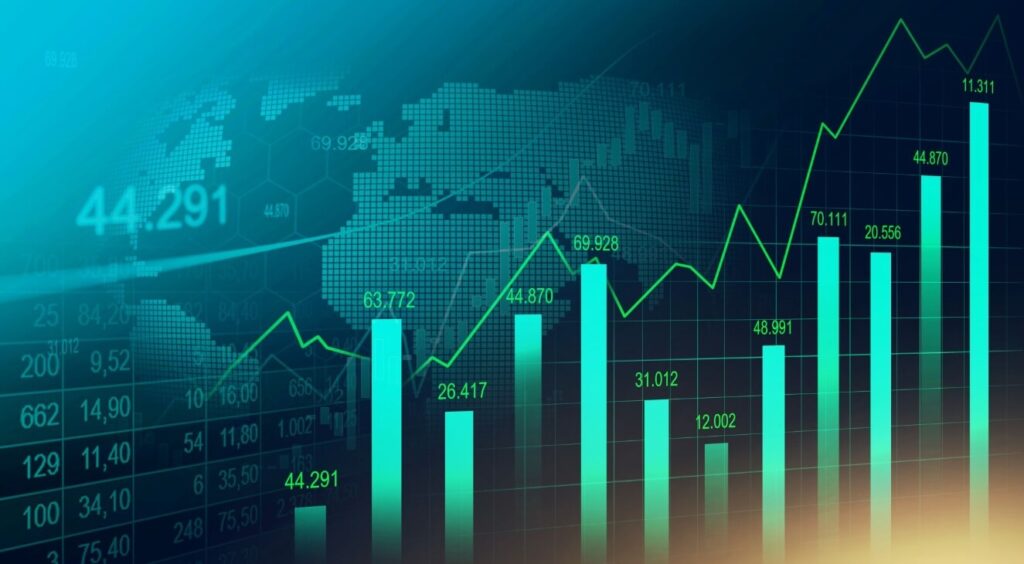
1. Applications of LED Screens in the Stock Market
Stock Exchange Halls
In stock exchanges or brokerage halls, LED screens are primarily used to display real-time stock prices, index fluctuations, and trading volumes. Large LED screens can clearly present massive data, ensuring that investors and traders stay informed of market dynamics at all times.
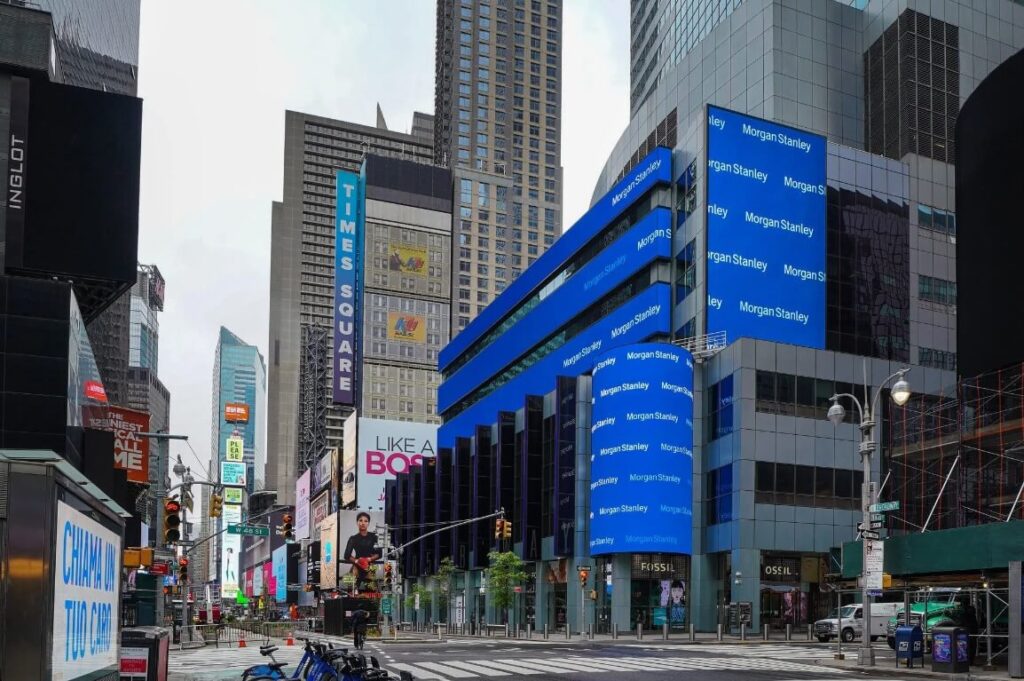
Outdoor Billboards
In financial centers or commercial areas, LED billboards display stock market trends, important economic news, or corporate updates, providing real-time information to pedestrians and enhancing the influence of financial brands.
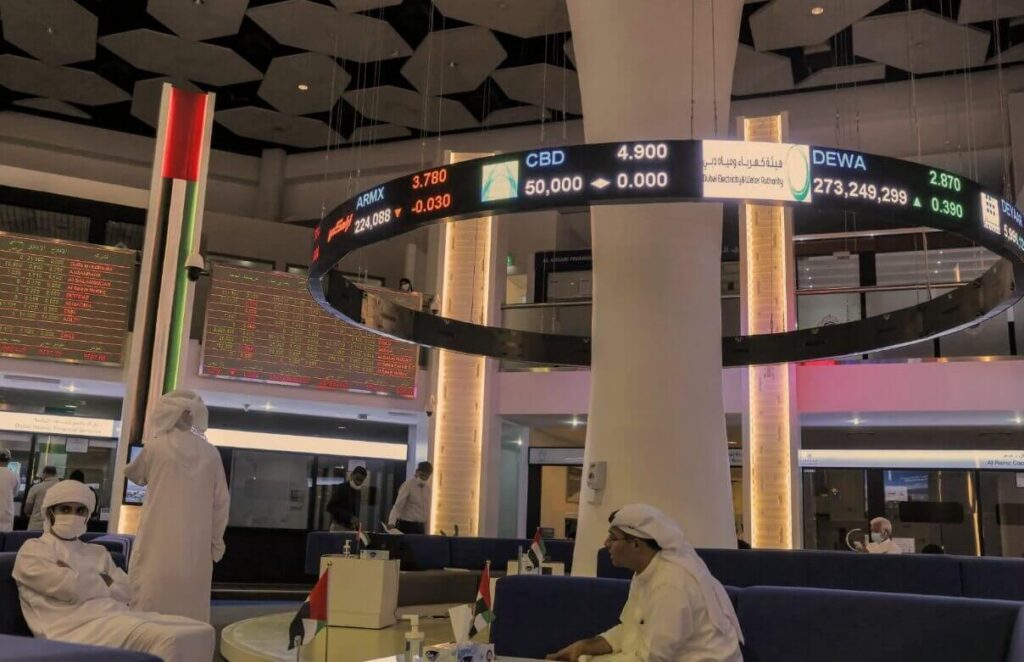
Meeting Rooms and Financial Training Centers
LED screens are also widely used in internal meetings or training activities within financial institutions to display market analysis charts, trend data, and reports.
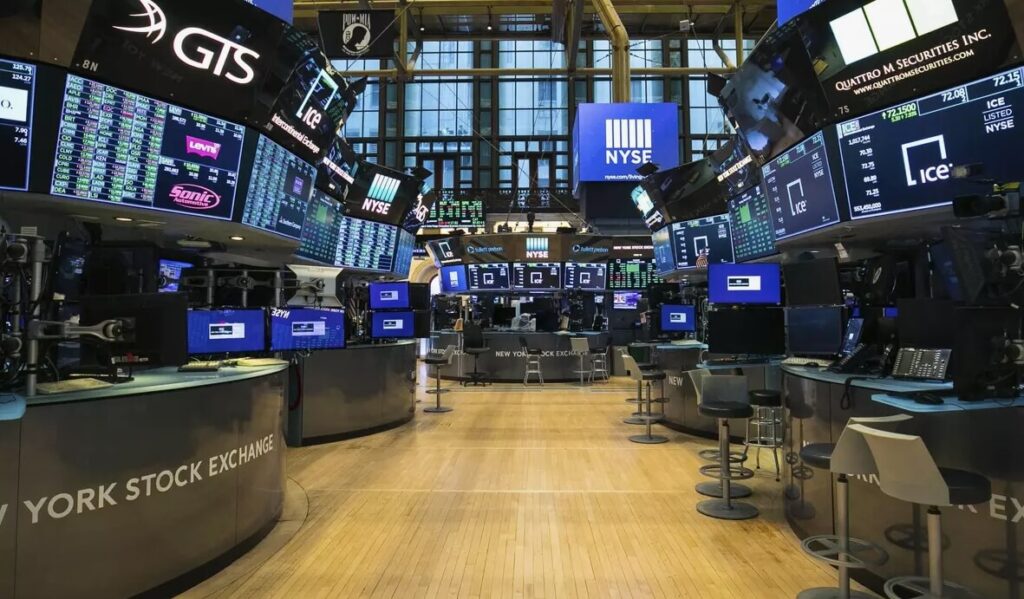
Smart Terminal Displays
With the development of small-pitch LED technology, high-resolution LED screens are introduced into smart terminals, such as personalized financial data display screens, offering customized services for high-end clients.
2. Technological Advantages of LED Screens
a. High-Definition Display and Multi-Screen Synchronization
LED screens have high brightness and resolution, ensuring clear display even in bright environments. Additionally, the multi-screen synchronization feature allows stock data to be seamlessly updated in real-time across multiple screens.
b. High Refresh Rate, Real-Time Data Update
LED screens boast a refresh rate of up to 3840Hz or higher, enabling quick responses to frequent stock data changes, ensuring smooth and accurate data display.
c. Flexibility and Customizable Design
LED screens’ size, shape, and resolution can be adjusted flexibly according to the application scenario. For example, curved or embedded designs can meet the unique needs of financial settings. Provide you with a comprehensive guidelines for the curved LED display.
d. Energy Efficiency and Environmental Friendliness
Modern LED screens are designed to be energy-efficient and support intelligent dimming, reducing energy consumption and aligning with the concept of green finance.
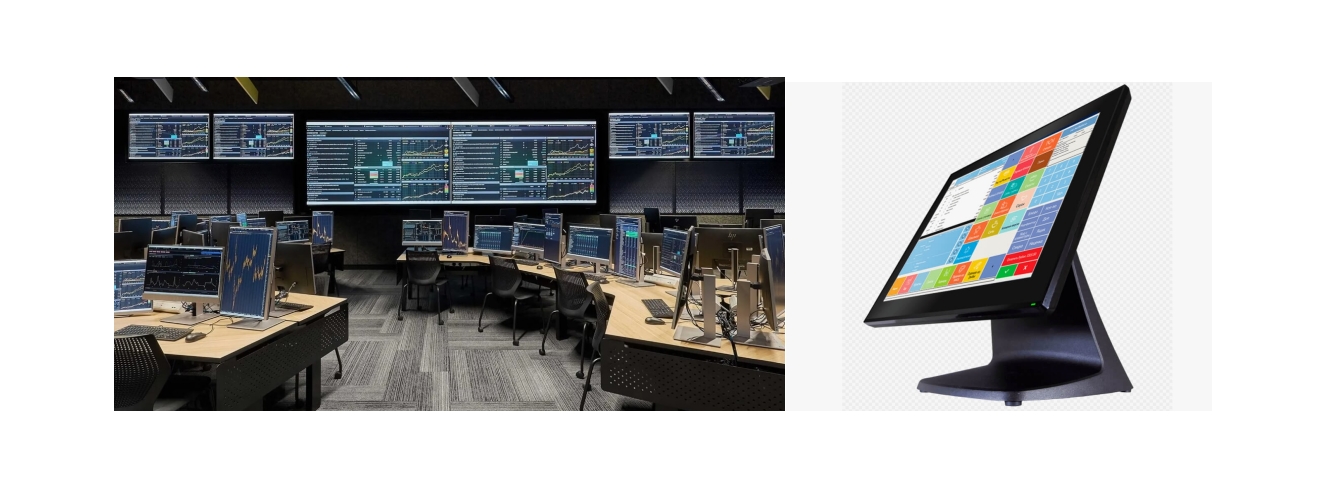
3. Comparison between LED Screens and Traditional Display Devices
| Feature | LED Screens | Traditional Display Devices (LCD, etc.) |
|---|---|---|
| Brightness | High, suitable for indoor and outdoor use | Relatively low, affected by light outdoors |
| Lifespan | Can last over 100,000 hours | Shorter lifespan, frequent replacements required |
| Cost | Higher initial cost, low maintenance cost | Lower initial cost, higher maintenance costs |
| Display Quality | Bright colors, wide viewing angles | Narrower viewing angles, average color contrast |
From a cost-effectiveness perspective, although LED screens have a higher initial investment, their long lifespan and low maintenance costs make them more economical for long-term use.
4. Development Trends of LED Screens in the Stock Market
a. Popularization of Small-Pitch Technology
With the maturity of small-pitch LED screen technology (P1.0 and below), their high clarity and detailed display capabilities will further optimize the readability of stock data.
b. Integration of Intelligence and Cloud Technology
With cloud computing and big data technology, LED screens can realize intelligent display. For instance, through real-time data analysis and filtering, information on individual stocks that investors care about can be accurately pushed.
c. Support for Green Finance Concept
As global attention on sustainable development increases, energy-efficient and environmentally friendly LED screens will be more favored by the financial industry.
5. Conclusion
LED screens, with their high-definition display, real-time updates, and energy-efficient features, are becoming the preferred tool for displaying stock market data. From trading halls to outdoor billboards, financial meetings to smart terminals, LED screens play an indispensable role in improving data display efficiency and enhancing user experience. As technology continues to evolve and the trend toward intelligence grows, LED screens will play an even more important role in the stock market.
If you are considering purchasing or upgrading LED display equipment for stock market data display, it is essential to choose a professional supplier to ensure the screen’s performance and services meet your needs.
According to the International Display Association (IDA) report, the application of LED screens in financial markets is becoming more widespread, with their high clarity and real-time capability being major advantages[1]. Additionally, the Energy Star assessment shows that LED screens consume much less energy than traditional display technologies, helping to achieve environmental goals[2].
[1] International Display Association (IDA). (2023). The Role of LED Displays in Financial Markets. [Online] Available: https://www.ida.org.
[2] Energy Star. (2023). Energy Efficiency of LED Displays. [Online] Available: https://www.energystar.gov.

